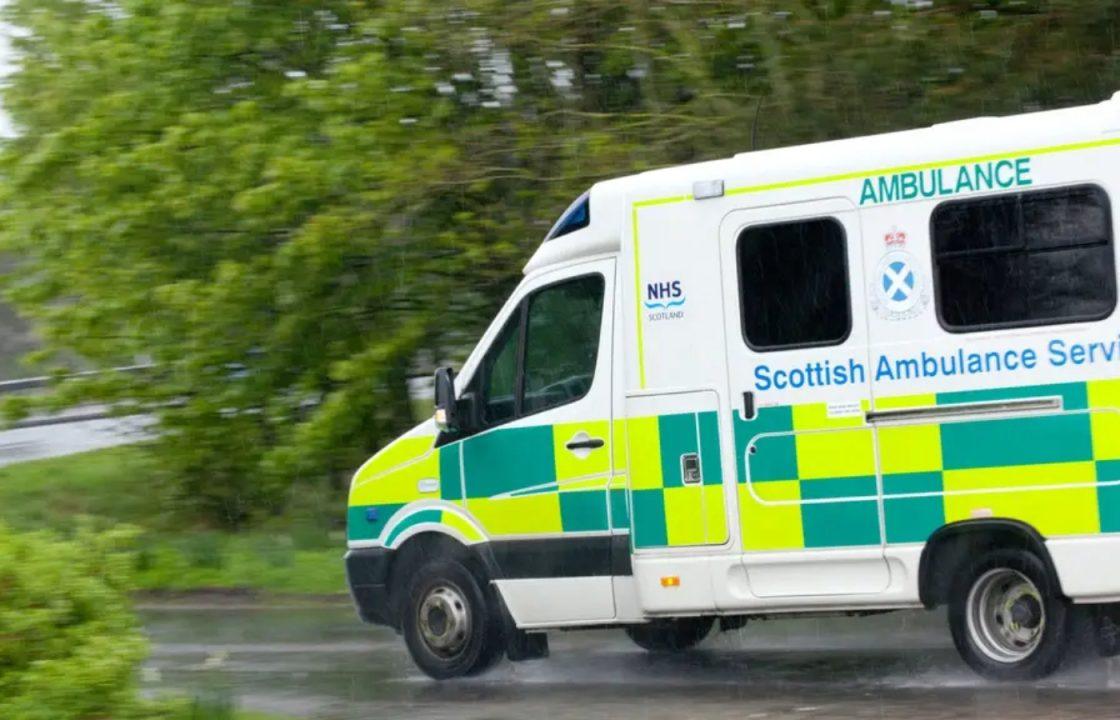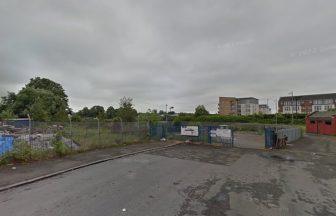Cardiac arrest survival rates for those in the most deprived communities have been described as “shameful” by Scottish Labour after figures showed just 7.8% were still alive after 30 days.
Paramedics attempted 3,161 out-of-hospital cardiac arrest (OHCA) resuscitations between April 1, 2022 and March 31, 2023, statistics from the Scottish Ambulance Service showed.
The overall 30-day survival rate following the attempt was 9.1%. However for those in the most deprived group – SIMD 1 – it was just 7.8% compared to 13.5% for their most affluent counterparts.
However, the poorest groups were almost twice as likely to have an OCHA, according to the data, with 26.2% compared to 13.8% in the least deprived.
Figures remain relatively unchanged from 2011-12, where survival in the most deprived areas was 7.8% but the OCHA rate was 26.3%.
The data also showed those in the most deprived communities have the lowest defibrillator deployment rate – despite the higher cardiac arrest rate.
In 2022-23, the deployment of defibrillators was just 6.2% for the most deprived, compared to 10.3% in the least deprived.
But since 2011-12, the deployment rate for the poorest areas has almost doubled from 3.2% and was also just 2.7% in the most affluent group.
Scottish Labour’s health spokeswoman Dame Jackie Baillie said: “This is a heartbreaking reminder of the shameful health inequalities that continue to plague Scotland.
“It is a scandal that those in the poorest communities are so much more likely to have an out-of-hospital cardiac arrest and so much less likely to survive.
“Scotland’s health inequalities are costing lives – but the SNP Government has failed to make sufficient progress tackling this problem.
“With our NHS stretched to breaking point, the most vulnerable will pay the harshest price for the current crisis.
“Labour will deliver a boost to health funding across the UK and the SNP must pledge to spend every penny of it on our NHS.
“The SNP must set out a real plan to close Scotland’s health inequalities and end the crisis engulfing our NHS.”
A Scottish Government spokesperson said: “We continue to work as part of the Save a Life for Scotland Partnership to increase survival and address inequalities in out-of-hospital cardiac arrest outcomes.
“It is positive to see that the rate of defibrillator usage by the public continues to increase, but it is also important to ensure equity of access.
“That is why Save a Life for Scotland is working to optimise placement of devices in areas where they are most likely to be needed.
“Our increased health budget exceeds the money received as a result of changes to health spending at Westminster and includes over half a billion more for frontline NHS boards – a real-terms increase of almost 3%.”
Follow STV News on WhatsApp
Scan the QR code on your mobile device for all the latest news from around the country


 PA Media
PA Media
























